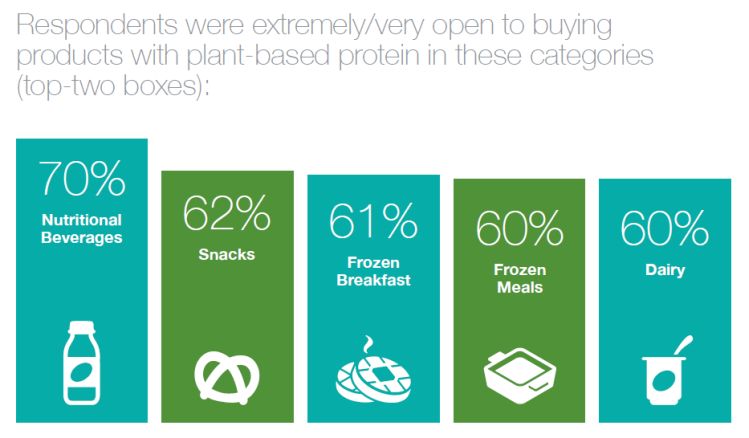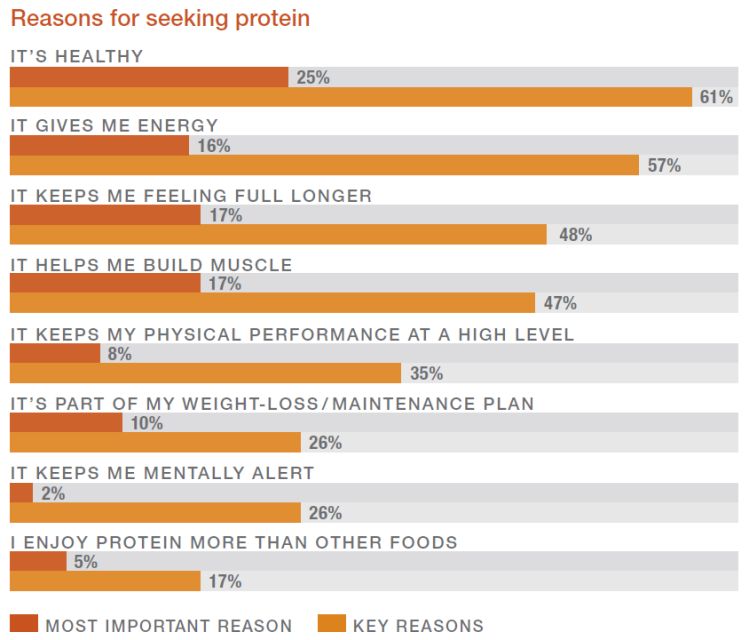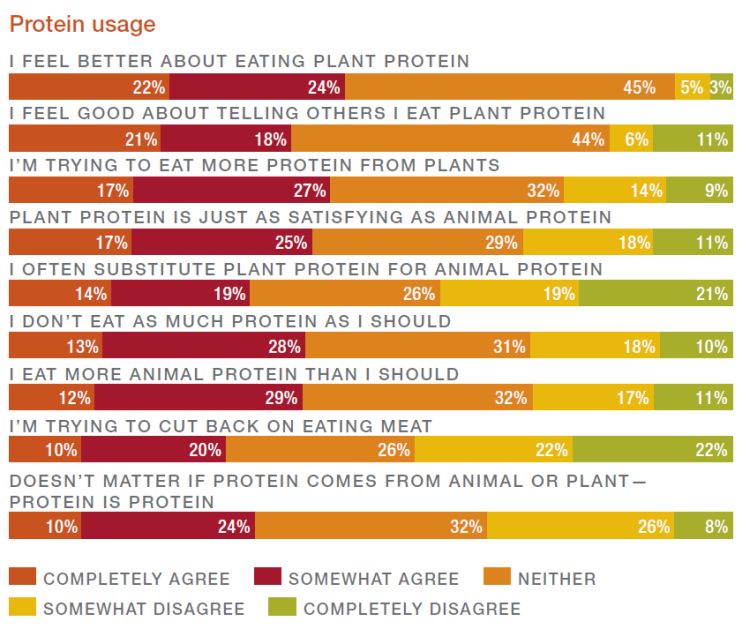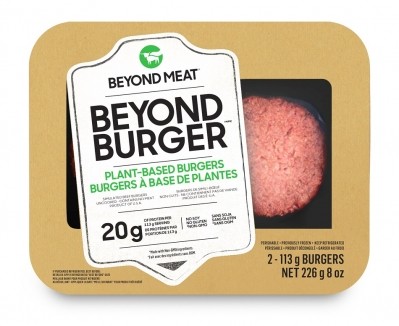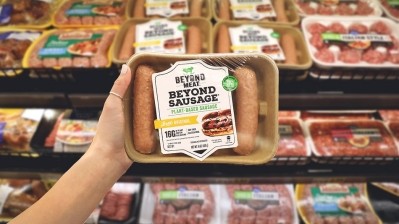Corn protein is allergy-friendly, and has ‘interesting functional benefits,’ says Cargill

The company (which has partnered with PURIS to develop additional production capacity for pea protein), has been researching corn protein for a while, in part because it has an appealing amino acid profile and is not a major allergen, said Matthew Jacobs, global product line director for plant proteins at Cargill.
“Some companies produce zein [a water-insoluble protein called prolamine that's extracted from corn and can form edible films used in confectionery and other products] but this is something different.
"We’ve developed corn protein that can deliver 70-90% protein with a high branch chain amino acid content, particularly leucine, does not require allergen labeling, and is sourced from a sustainable, consistent supply,” he told FoodNavigator-USA at the Natural Products Expo West show last week.
“It also works well in combination with pea protein [which is higher in lysine] and balances out the amino acid profile.
“There’s a cost advantage vs pea protein, and corn also has some attractive functional benefits. It can be extruded, and it has good gelling and water binding qualities. The GMO factor is an issue for some consumers, but we can use a non GM stream of corn for this.”
Corn protein production
While some new sources of plant protein present challenges in that firms need to find viable markets for the other parts of the seed or grain, there is already a massive infrastructure in place to process corn oil, starches and sweeteners, so that is not an issue for corn protein, he said.
He could not provide more detail at this stage, but said the plan was to bolt on corn protein processing capabilities to existing [corn milling] infrastructure in the US.
Field corn (which is different from sweet corn) typically contains around 8-9% protein and 9% fiber.

Currently, the protein and fiber-rich byproducts of milling corn to produce starches and sweeteners typically go into the animal feed industry, but developing corn protein for the human food market could create new added value revenue streams, he said.
Corn protein and taste
So what does corn protein taste like?
“It’s a bit ‘corny’,” said Jacobs, “but we have technology that can drive out that corniness.”
Cargill says corn protein can be used in a variety of formulations, from breakfast biscuits and cookies to meats, meat alternatives, where it can aid with water and fat retention as well as protein fortification.
Consumers and protein
According to an October 2018 online survey commissioned by Cargill of 1,923 U.S. grocery shoppers that had purchased foods with plant-based proteins in the previous three months, nearly half of respondents said they were trying to get more protein in their diets.
“In general, protein has a strong health halo, with more than half of consumers saying they seek protein for its health value and energy benefits, while nearly half also associate it with satiety and building muscle.”
While foods that inherently contain protein (such as meats, legumes, and nuts) were most preferred by respondents, they were also increasingly receptive to products fortified with proteins, claimed Cargill.
Consumers and plant-based protein
Plant-based meat alternatives are often seen “as ‘healthier’ and ‘better for you,’ primarily due to a better fat profile,” added Cargill. “Fewer calories and ease of digestion are seen as the top benefits of plant protein. Again, these attitudes are most common among regular protein seekers and label checkers.”
However, some consumers have “lingering negative perceptions about the taste and texture of plant-based proteins from previous experiences. They also see them as hard to find and not as satisfying as meat-based products.”
Textured pea protein for plant-based meats
Impossible Foods – which initially used wheat protein as its core ingredient - has recently reformulated its plant-based Impossible Burger to use soy protein instead.
However, rival Beyond Meat, which is registering significant growth in foodservice and retail markets, uses pea protein [plus some mung bean and rice protein] in its burgers, prompting many companies to look at pea protein as an allergen-friendly meat alternative.
“[Cargill’s partner] PURIS has new textured pea protein products that work well in plant-based meats, and we see a real opportunity here," said Jacobs.
PURIS president and CEO Tyler Lorenzen added: "We featured a Textured Pea Protein TPP at Expo West to make Vegan Tacos as well as our organic pea starch to make plant based gummies and pea protein crisps for bars and snacks."
He added: "Beyond Meat is certainly the most publicized company using pea protein but a lot more are starting to. There are quite a few new launches that are featuring pea protein (and other proteins) within their ingredient deck.
"From our vantage point, as products continue to move from food service to more mainstream grocery and into flexitarian homes the source of ingredients will become more and more important. We see pea protein fitting in well as it checks the box of plant based, allergen friendly and non-GMO. With PURIS, you can count on, grown and made in the USA, Certified organic from the USA and clean tasting to give the ultimate plant based meat experience."

